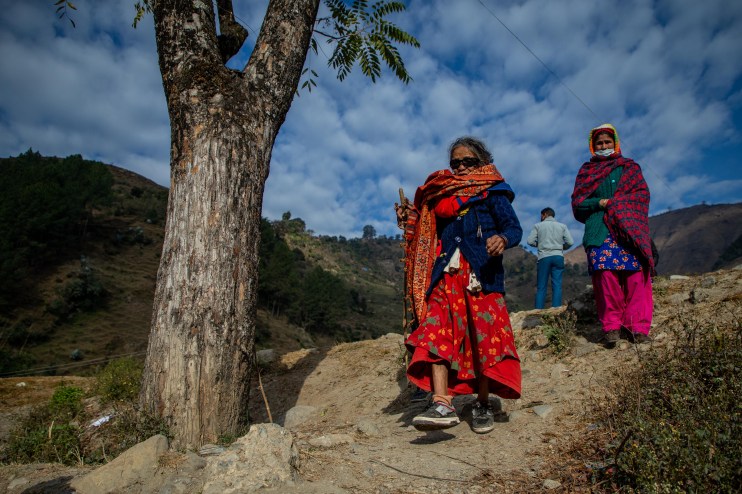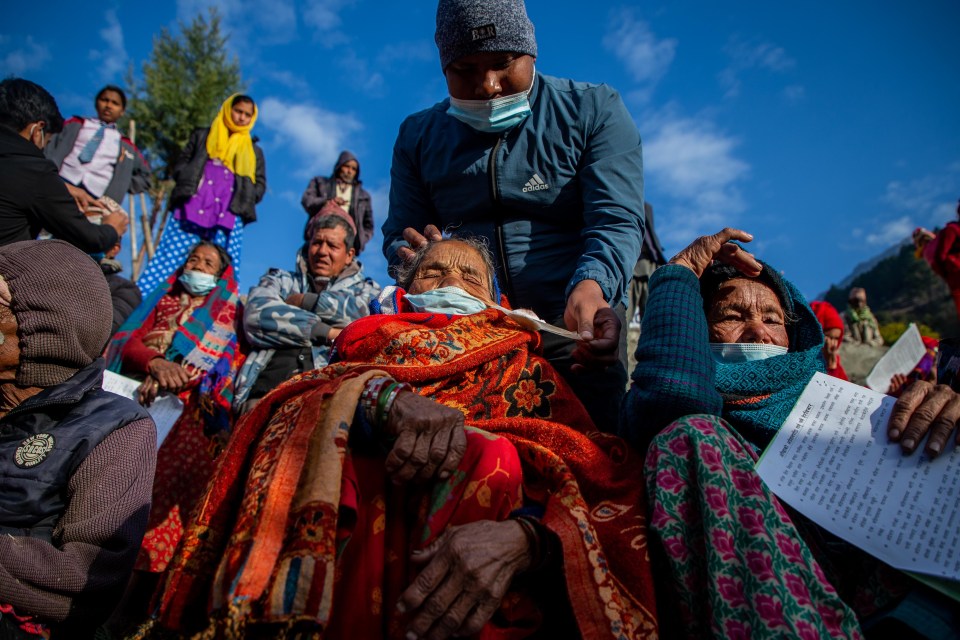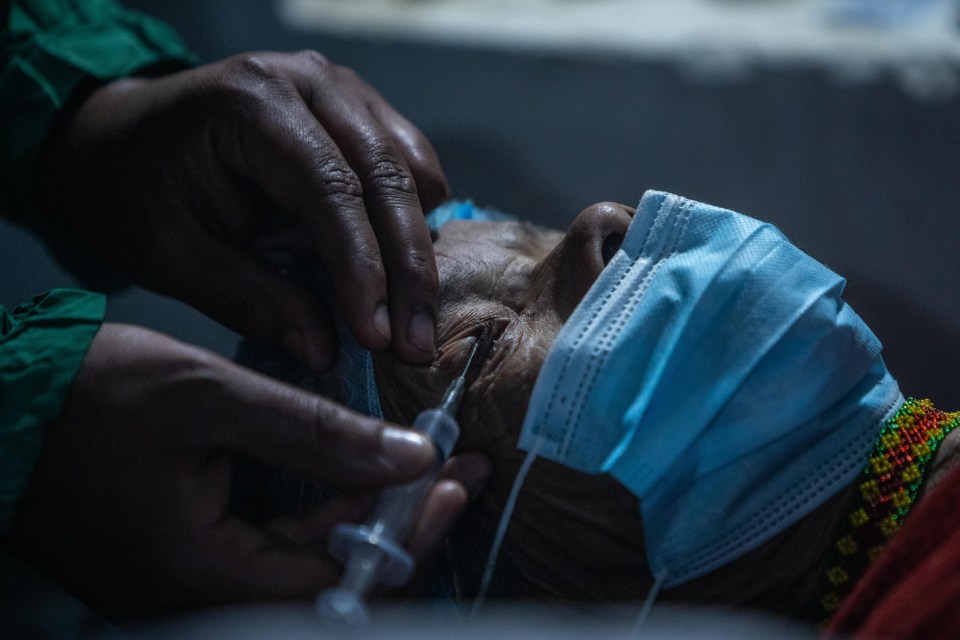
Curing cataracts in Nepal’s Bajhang district

The Bajhang district is in Nepal’s remote far-western region and boasts untamed natural beauty. However, the district is also one of the country’s most isolated regions. For those seeking primary healthcare services, they would have to reach the district’s headquarters in Chainpur, and for any other specialised health service, they would have to make a journey of more than eight hours to the plains.
In this district, the Tej Kohli and Ruit Foundation decided to conduct its outreach microsurgical eye camps (OMEC) in December 2021. Due to having to travel to and from the district requiring immense resources, the Tej Kohli and Ruit Foundation decided to conduct camps in three locations over the period of a month so the entire district was covered.

The camps were respectively held in Deulekh (16th and 17th December 2021), Chainpur (19th, 20th and 21st December 2021) and Bijgada (26th and 27th December 2021). Altogether, the three microsurgical camps were able to screen 1987 patients and cure 352 people of blindness.
Patients from different age groups who were suffering from various forms of visual impairment and were unable to either afford or gain access to treatment arrived at the camps. In some cases, patients had to walk five to six hours through difficult mountain terrain, many times with the assistance of family members. In Deulekh and Bijgada, dilapidated classrooms had to be transformed into a functional operating theatre – and a medical team would conduct surgeries from 8 am in the morning to 7 pm at night – all to fill the backlog of cataract blindness within the region.
Team members working with the Tej Kohli and Ruit Foundation screened the patients for cataract blindness and conducted their bio-metrics.
After applying an anaesthetic block patients would undergo seven-minute small-incision cataract surgery, a simple and efficient surgical technique perfected by our co-founder Dr Sanduk Ruit. Dr Ruit’s small-incision cataract surgery has enabled hundreds of ophthalmologists and organizations working in cataract blindness prevention programs such as the Tej Kohli and Ruit Foundation to expand their efforts to reach marginalized and underserved communities giving the patients a second chance to sight.
At the end of the three camps, the Tej Kohli and Ruit Foundation was successful in conducting 352 cataract surgeries.

Cataracts are the leading cause of blindness worldwide, accounting for half of the world’s 40 million. The majority of the world’s 20 million cataract blinds live in the developing world. Cataract blindness causes severe economic and social problems. Only a small percentage of people who develop cataracts receive cataract surgery because they live in communities without access to or afford healthcare.
Cataract surgery can cost as little as USD 50 and lasts only seven minutes. The ripple effect of curing blindness transforms the social and economic prospects of entire communities for the better. In 2021, the Tej Kohli and Ruit Foundation were able to cure 9,854 patients of cataract blindness in some of the most underserved regions of Nepal.
The Tej Kohli and Ruit Foundation is committed to screening at least one million people and curing 500,000 of cataract blindness by 2026 in its mission to close the pervasive treatment gap within the world’s poorest communities.
The Tej Kohli & Ruit Foundation is a restricted fund operating under the auspices of Prism The Gift Fund, registered UK charity number 1099682.